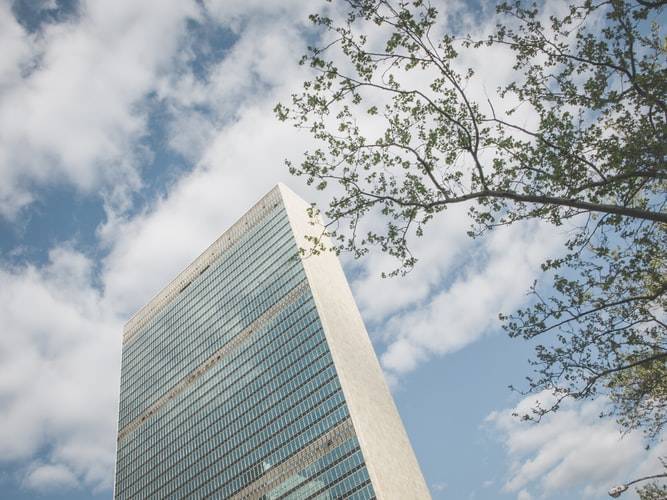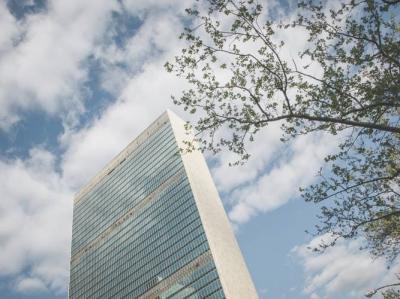On Friday, the United Nations General Assembly condemned the coup in Myanmar in a non-binding resolution, urging "all member states to prevent the flow of arms" to the country. In a rare stance, the resolution did not go as far as calling for an international arms embargo. The text was supported by 119 countries, while 36 countries, including Myanmar's main supporter China, abstained from voting. Only one country voted against the resolution: Belarus, which prevented it from being adopted by consensus, thus requiring a public vote.
It is uncommon for the UN General Assembly to adopt resolutions that condemn military coups or call for limiting arms shipments to the targeted country. Unlike what would have happened with a consensus approval, the vote forced all 193 UN member states to reveal their positions. Among the ten members of the Association of Southeast Asian Nations (ASEAN) that participated in negotiating the text, initiated by Liechtenstein and supported by Western countries, four countries abstained: Brunei, which currently holds the ASEAN presidency, Cambodia, Laos, and Thailand.
What made the voting process notable was that Myanmar, represented by ambassador Kyaw Moe Tun—who was dismissed after the coup in February but continues to perform his duties in defiance of the military council—voted in favor of the resolution. After the vote, the Myanmar ambassador expressed regret that it took three months for the General Assembly to take this decision and that it does not adopt a clearer stance on imposing an arms embargo.
Among the countries that abstained were Russia and Mali, where a military coup recently occurred—the second in less than a year—as well as Iran and Egypt. The EU ambassador to the UN, Olof Skoog, described it as "the broadest global condemnation of the situation in Myanmar to date," asserting that the resolution "sends a strong and firm message, delegitimizes the military council, denounces its violations and the violence it perpetrates against its people, and underscores its isolation in the eyes of the world."
The resolution also calls for the return of democracy in Myanmar and the release of civilian leaders. Before the vote, UN Secretary-General António Guterres stated, "We must create the conditions for the return of democracy," expressing hope for "a very clear message" from the General Assembly. The resolution also calls for the implementation of a five-point plan established by ASEAN in April, which includes appointing a special envoy and urging the Myanmar armed forces to "immediately cease all acts of violence against peaceful protesters."
The text, co-sponsored by over fifty countries, also demands the unhindered delivery of humanitarian aid to Myanmar and a visit from UN envoy Christine Schraner Burgener, who presented an overview of the situation to the UN Security Council earlier in the day. Diplomats informed AFP that no joint statement was adopted during a closed Security Council meeting initiated by Britain due to ongoing divisions among its members.
Human Rights Watch, which has advocated for an arms embargo since February, stated that the General Assembly's resolution "calls on UN member states to a clear order: to stop supplying arms to Myanmar." Wes Sharpoono, director of UN affairs at Human Rights Watch, said, "The atrocities and serious human rights violations repeatedly committed by the ruling military have shown that every government must refrain from sending any bullets to them." He added that "the Security Council must now intervene and adopt its own resolution enforcing a global arms embargo on Myanmar."
UK Ambassador to the UN Barbara Woodward emphasized that the General Assembly's resolution represents "an opportunity to show that the world stands in solidarity with the people of Myanmar, not the military," which has committed "horrific acts of violence against ordinary civilians." According to the UN and the Assistance Association for Political Prisoners, over 860 civilians have been killed in Myanmar since the military took full power on February 1.




